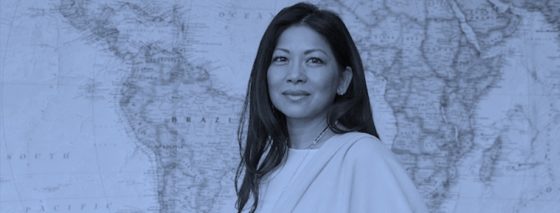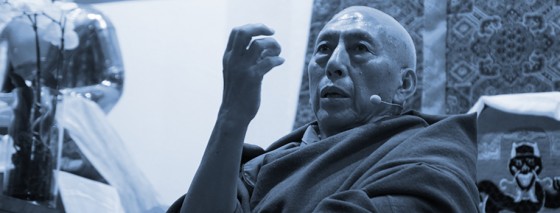Interests: Human Rights, Law, Harvard Divinity School, Forest, daily bikes to work
Karen I. Tse, a former public defender, developed an interest in the intersection of criminal law and human rights after observing Southeast Asian refugees held in a local prison without trial, often tortured to obtain “confessions.” In 1994, she moved to Cambodia to train the country’s first core group of public defenders. Under the auspices of the UN, she trained judges and prosecutors, and established the first arraignment court in Cambodia.
“I believe it is possible to end torture in my lifetime.”In 2000, Karen founded International Bridges to Justice to help create systemic change in criminal justice and promote basic rights of legal representation for defendants on the ground. Her foundation complements the work of witness groups, who do the equally vital work of advocacy, reports, photographs. Tse’s group helps governments build new systems that respect individual rights. In IBJ’s first years, she negotiated groundbreaking measures in judicial reform with the Chinese, Vietnamese and Cambodian governments. It now works in sixteen countries, including Rwanda, Burundi and India.
International Bridges to Justice (IBJ) is a non-governmental organization based in Geneva, Switzerland. The organization’s stated mission is “to protect the basic legal rights of ordinary citizens in developing countries by guaranteeing all citizens the right to competent legal representation, the right to be protected from cruel and unusual punishment, and the right to a fair trial”. IBJ has the additional stated goal “to end torture in this Century”
IBJ only works in countries whose international treaty obligations and national laws have already laid the legal framework for the protection of their citizens and where a Memorandum of Understanding has been signed with the relevant government and legal authorities, setting out the parameters under which IBJ will work. It adopts a three pillar approach to accomplishing its aims:
- Providing technical support and training to criminal defense lawyers
- Organizing justice sector roundtable sessions to bring together all of the key stakeholders in the criminal justice system, including defenders, prosecutors, judges, police, detention center officials, local government representatives and legal academics
- Raising rights awareness amongst the populations in the countries where the organization is active
More:
Home of IBJ
IBJ on Facebook
IBJ on Twitter
IBJ on Wikipedia
Karen Tse on Wikipedia
Other articles/links/videos:
Documentary on her work in India and Cambodia (18 min/ French with English subtitles):
Karen Tse’s TED Talk: How to End Torture (transcribed in over 30 languages)





